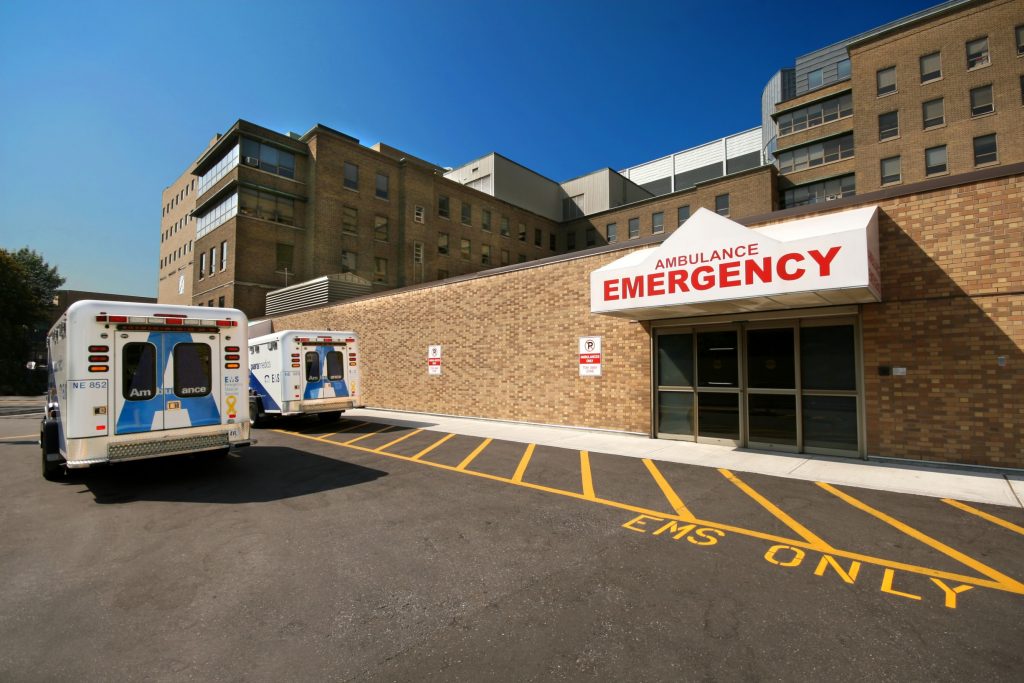Many Rural Hospitals in Danger of Closing Due in Part to Financial Risk

Rural hospitals deliver more than medical care to the communities they serve. Rural hospitals serve as educational, economic and social anchor points in America’s non-metropolitan cities and towns. They catalyze growth, provide a broad tax base, and keep highly skilled professionals living and working in the communities they love. Yet, today’s rural hospital is in danger of closure, with 1 in 5 hospitals at risk of closing according to a Navigant study.
The United States Government Accountability Office (GAO) found that more hospitals are closing than opening every year since 2011. Many factors have brought rural hospitals to this point, from rising malpractice costs to stringent readmission standards to higher-than-average uninsured patient populations.
“Many emergency room visits and hospitalizations stemming from personal injury cases involve uninsured patients, which delay timely payment for services.”
Rural payer mixes reflect the high Medicare and Medicaid percentages that translate into lower reimbursement rates. Medicaid expansion has not been a certainty for many states with large rural populations, further increasing the percentage of uninsured patients, which translates into uncompensated care and economic losses for hospitals.
The nation’s opioid epidemic has also disproportionately hurt America’s small towns and has flooded emergency rooms with overdoses, life-threatening bacterial infections, and behavioral health admissions.
Many emergency room visits and hospitalizations stemming from personal injury cases involve uninsured patients, which delay timely payment for services.
According to HealthCareDive, “the hardest hit states are Southern and Midwestern states, including Alabama, Mississippi, Georgia, Arkansas, Kansas, and Minnesota. In Alabama, half of rural hospitals are at a high-risk of closing.”
The fallout on communities after hospital closure is profound. Without necessary health care services, a significant inducement for economic development is lost. Businesses don’t want to move into a town that cannot offer the security of accessible health care services, nor do many residents wish to stay in a community that cannot provide care to their family members.
Existing businesses suffer from the loss of direct commerce with the hospital and with the indirect effects that stem from a community that no longer has a sizeable economic employer. From the diner to the real estate agent, the impact of rural hospital failure is felt profoundly and systemically.
While these challenges can seem insurmountable, rural hospital administrators can embrace the challenge and turn to innovative partnerships to improve their economic forecast.
Frequently the outsourcing of services can create an economy of scale that can outperform in-house collections services for example. In addition, the outsourcing of high-risk receivables such as personal injury medical receivables can be an efficient way to combat the personnel-power-drain that accompanies the one to three year estimated receipts returns.
Elite Can Help
At Elite, we understand the financial challenges that medical providers and hospitals often face while waiting for their personal injury medical liens to pay out. Our medical receivables solutions can solve your cash flow challenges. We can turn your medical receivable portfolios into immediate cash – allowing you to manage overhead and invest in your growing healthcare organization.
We can develop a cash flow solution that works for you
To learn more, call us at 888-242-4012.